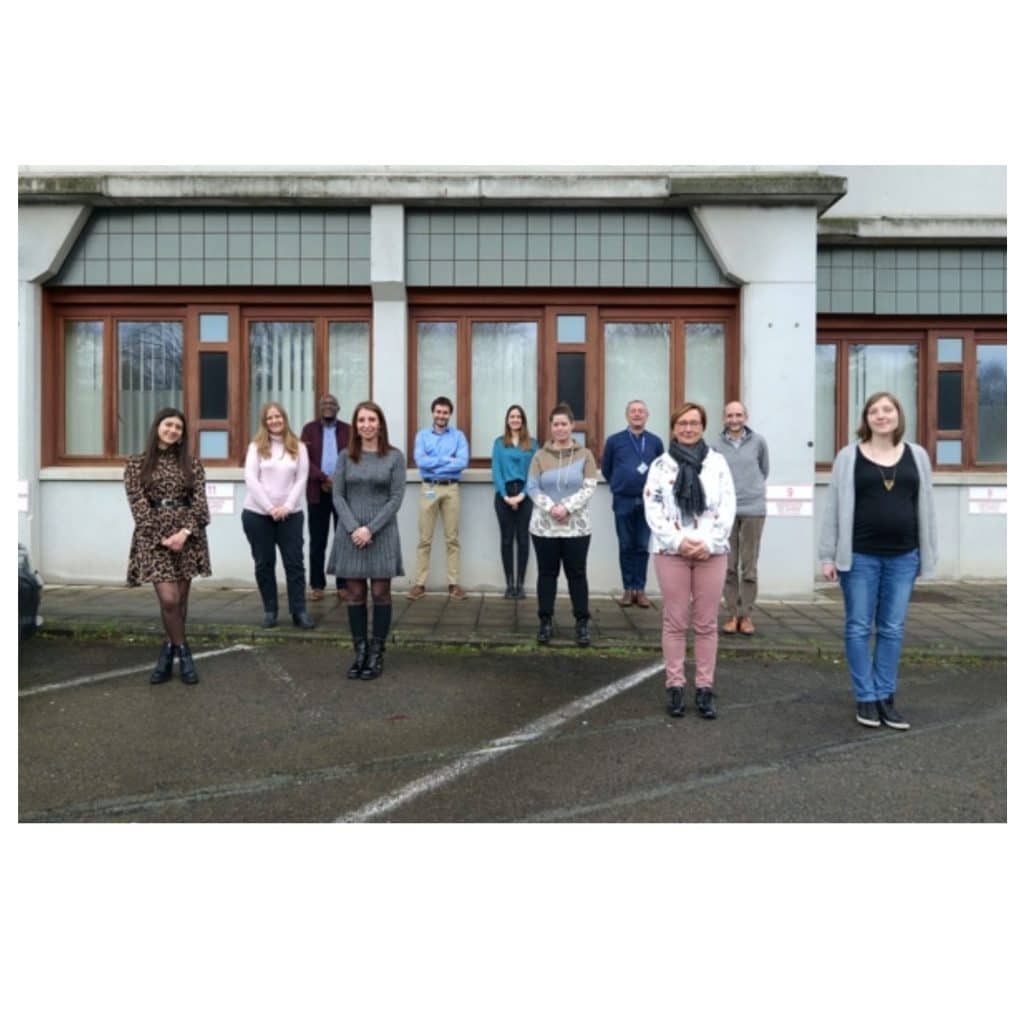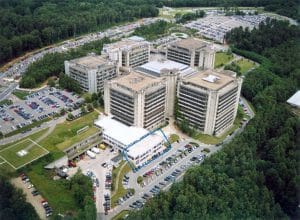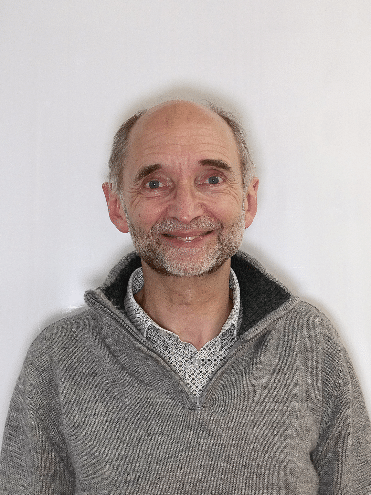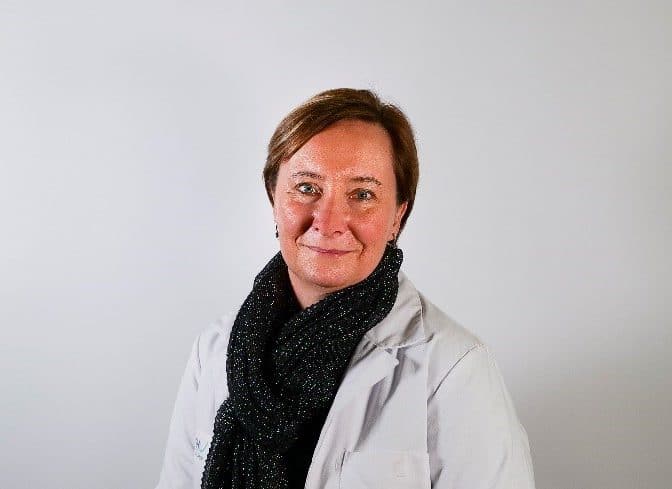GIGA is an interdisciplinary research center in biomedical sciences of the university of Liège, whose mission is advanced medical innovation. To meet the increasing demands of performing multidisciplinary research, the GIGA offers Core facilities including imaging, molecular biology, proteomics/metabolomics, histology, aquatic facility (zebrafish), mouse facility, stem cell labs. GIGA also offers business facilities and a training center. GIGA is the only Belgian research center directly integrated within a university hospital, making it a major player in translational research where links between researchers and doctors are at the heart of the research activity. Since its formation the Laboratory of Hematology for Cell and Gene Therapy (LTCG) has focused on collecting hematopoetic stem cells (HSC) from bone marrow and peripheral blood for transplantation. Today the Laboratory for Cell and Gene Therapy (LTCG) holds three accredited tissue banks: cord blood, HSC and non-hematopoietic cells. Imcyse is the new kid on the block: this spin-off from KU Leuven has set up shop in Liège as well. The GMP facility and the experience in facilitating spin-offs is crucial for the success of the GYM project.
The GYM project addressing muscle stem cell therapy using mesoangioblasts is a direct extension of the portfolio, of the LTCG, which now consists mainly of blood and bone stem cells. These are donor stem cells and the project results from GYM will provide immediate information about the advantages and disadvantages of donor versus autologous stem cell therapy. This is important in the context of rejection reactions, which is a spearhead of LTCG’s research. Furthermore, participation in GYM will strengthen the leading role LTCG has in stem cell therapy in the EMR. It will be the central lab, reaching out to other projects from the Walloon region and connecting those with the GYM project.
The main motivation for the team of Prof. Beguin to participate in the GYM project is a further expansion of the stem cell lab in GIGA and the possibility of developing new treatments for new groups patients, who can benefit from stem cell therapy. Participation in GYM will also generate insight in the use of autologous stem cells and the way they need to be produced, which is new for LTGG. The comparison between autologous and donor stem cells will allow LTGG to make better choice for future, personalised treatments.







